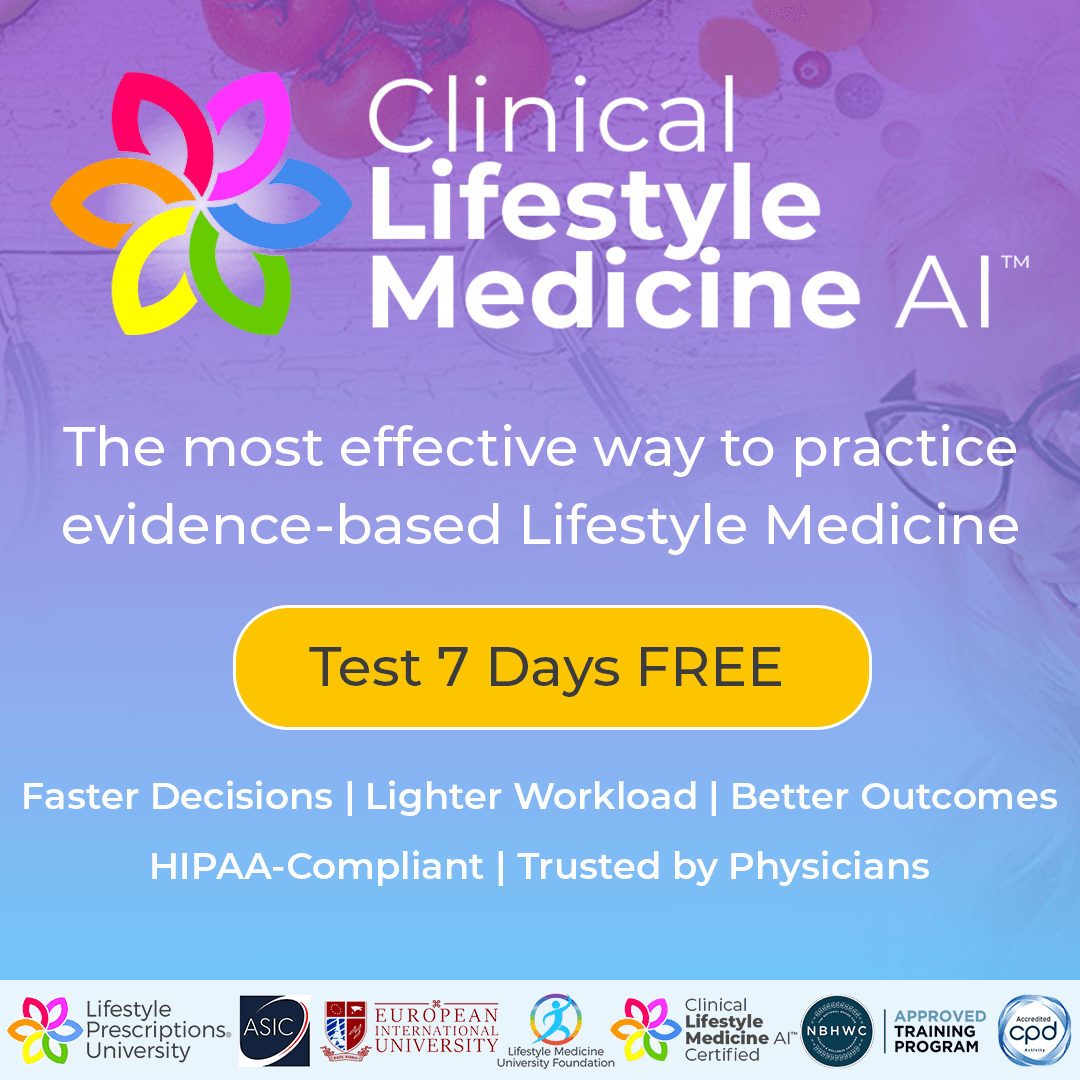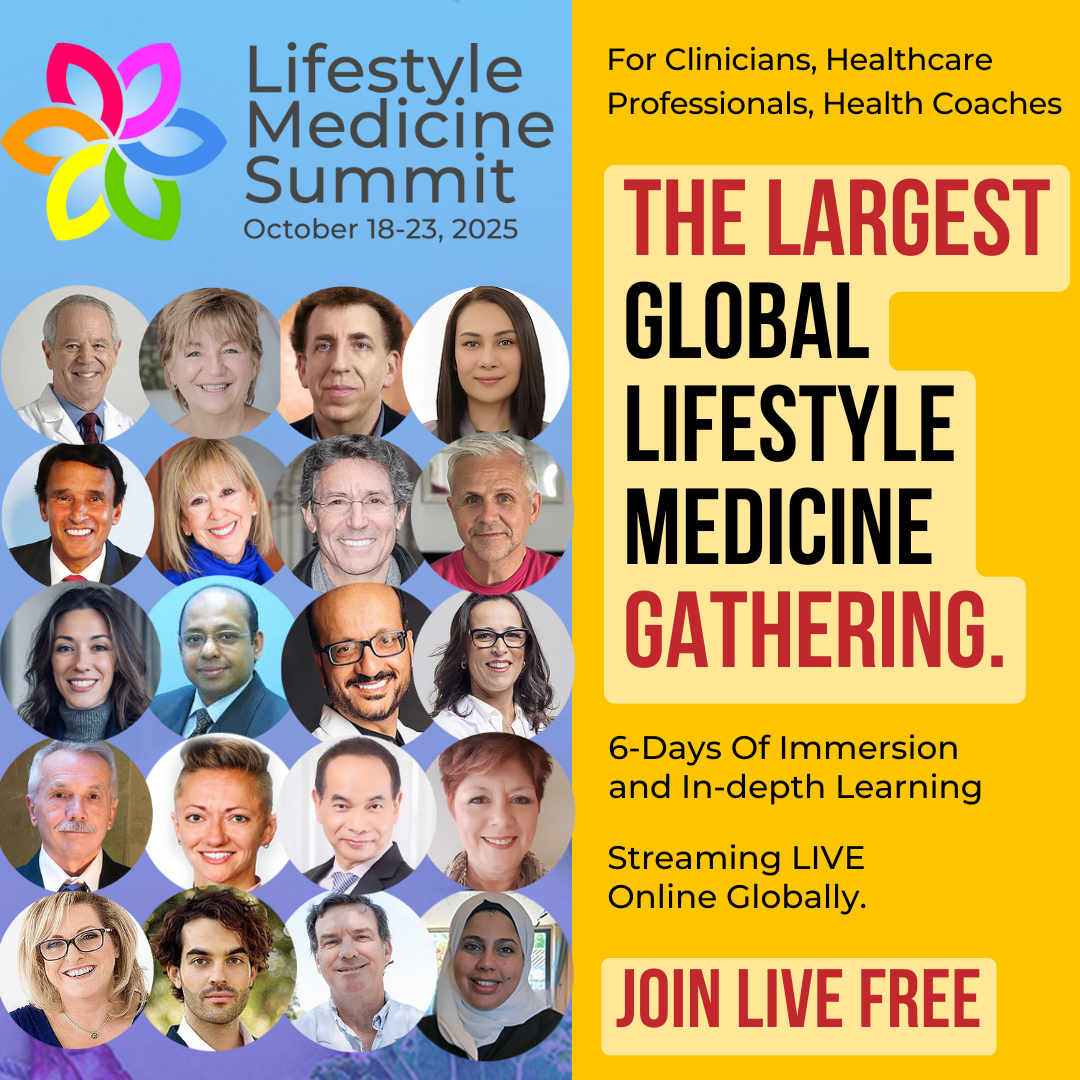Social Engagement's Impact on Mental Health: A Lifestyle Medicine Perspective
In today's fast-paced world, mental health has become a growing concern. While lifestyle medicine often focuses on diet, exercise, and sleep, one critical yet often overlooked factor is social engagement. Research has shown that strong social connections andsocial support can significantly influence mental well-being, reducing stress, anxiety, and even the risk of depression.

The Role of Social Engagement in Mental Health
Social engagement refers to the active participation in social activities, relationships, and community involvement. From a lifestyle medicine perspective, maintaining healthy social interactions is just as important as other health-promoting behaviors. Studies suggest that individuals with higher levels of social support experience lower cortisol levels, better emotional regulation, and improved cognitive function.

How Social Support Enhances Mental Well-being
Reduces Stress and Anxiety: Having a strong network of friends, family, or community members provides emotional reassurance during difficult times. Knowing that someone is there to listen can alleviate feelings of isolation and stress.
Boosts Self-Esteem and Confidence: Engaging in meaningful social activities fosters a sense of belonging, which in turn enhances self-worth. Social support can encourage individuals to pursue their goals and handle challenges more effectively.
Improves Coping Mechanisms: Facing life’s challenges is easier with a supportive network. Whether it's discussing problems, seeking advice, or simply having companionship, social support serves as a buffer against mental distress.
Promotes Healthier Lifestyle Choices: People who engage in social activities are more likely to adopt healthy behaviors. Friends and family can influence positive habits such as regular exercise, better eating choices, and seeking professional help when needed.

Building Strong Social Connections
While some people naturally have strong social circles, others may need to make a conscious effort to foster relationships. Here are some ways to enhance social engagement:
Join community groups, clubs, or volunteer organizations.
Strengthen relationships with family and close friends.
Participate in group activities like fitness classes or hobby-based gatherings.
Seek professional guidance if social anxiety hinders interactions.

Conclusion
Incorporating social engagement into daily life is a vital aspect of lifestyle medicine. The presence of social support has a profound effect on mental health, helping individuals manage stress, improve emotional well-being, and lead healthier lives. Prioritizing relationships and social activities should be considered an essential component of holistic wellness strategies.
© 2015-2026 Lifestyle Prescriptions® University. The terms Lifestyle Prescriptions®, Organ-Mind-Brain Anatomy™, and Root-Cause Health Coaching™ are worldwide trademarks of the Lifestyle Prescriptions® University and can only be used after completing qualifying training programs. Lifestyle Medicine WORKS™, Lifestyle Medicine Summit, HealthiWealthi™ are trademarks of Lifestyle Medicine University Foundation.
* This website and all LPU training programs are for educational purposes only. No medical diagnosis, therapy, or treatment is provided.










